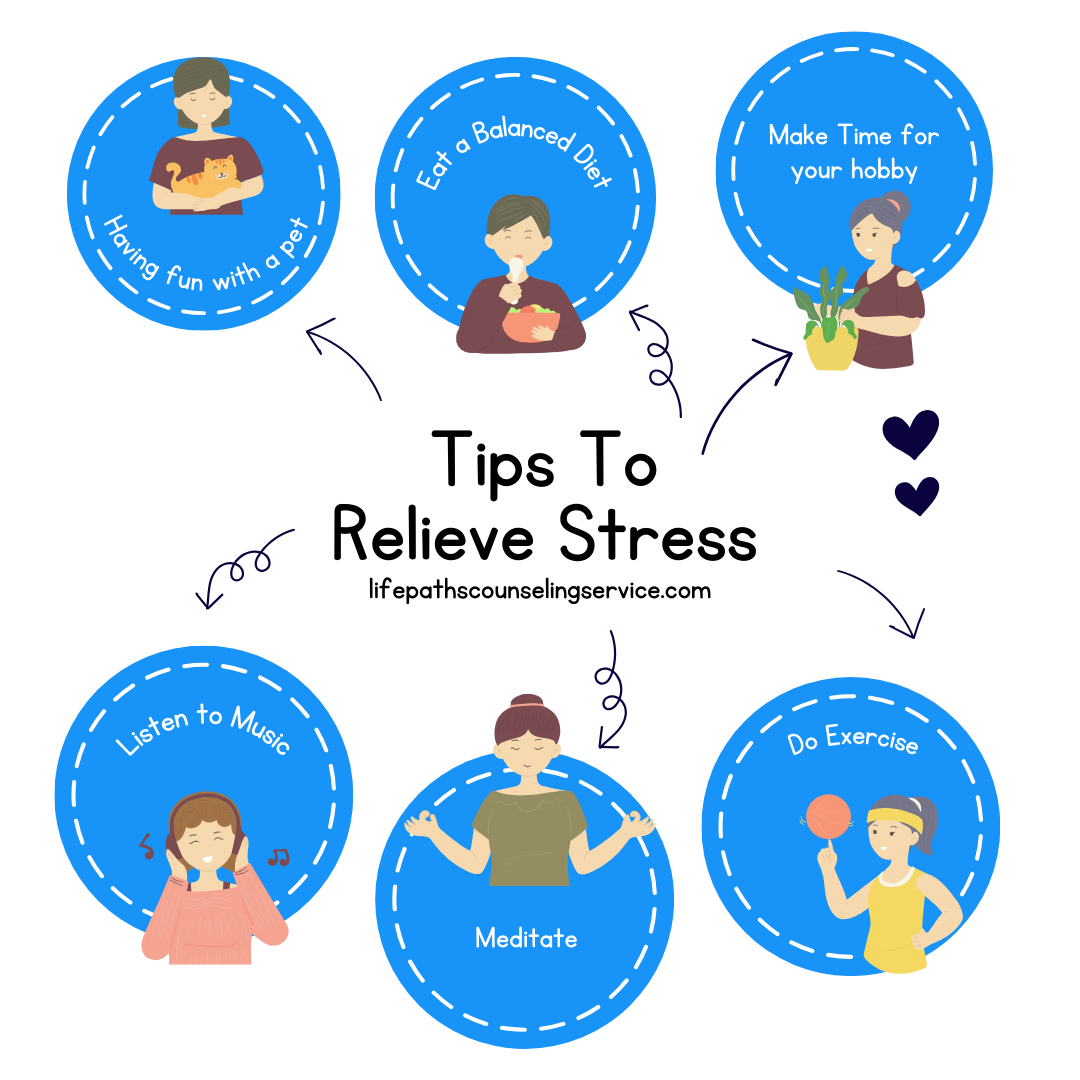The Impact of Stress on Relationships and How to Manage It
Stress is a natural part of life, but when left unchecked, it can take a significant toll on even the strongest relationships. Whether it comes from work, finances, family obligations, or personal challenges, stress doesn’t just affect individuals—it also affects how we interact with the people closest to us.
In relationships, stress often manifests as irritability, withdrawal, or miscommunication, creating tension between partners, family members, or friends. Over time, unresolved stress can erode trust, intimacy, and connection, leaving both people feeling misunderstood or unsupported. However, with intentional effort, it’s possible to manage stress in a way that strengthens relationships rather than strains them.
How Stress Impacts Relationships

When we’re under stress, our bodies and minds shift into survival mode. This can make us less patient, more reactive, and less attentive to the needs of others. For example, someone dealing with work stress might snap at their partner over minor issues or withdraw emotionally because they feel too overwhelmed to engage.
Stress can also make communication more difficult. When one or both people are stressed, misunderstandings can arise more easily, and small disagreements can escalate into bigger conflicts. Over time, these patterns can create emotional distance, making it harder to feel connected or supported.
In some cases, stress leads to resentment. If one partner feels like they’re carrying the weight of a shared responsibility—whether it’s parenting, finances, or household tasks—they may start to feel unappreciated. Similarly, if stress causes one person to withdraw, the other may feel neglected or rejected, even if that wasn’t the intention.
Recognizing the Signs of Stress in Your Relationship
The effects of stress aren’t always obvious at first, but over time, they can become more noticeable. If you or your partner are feeling disconnected, it’s worth considering whether stress might be a contributing factor. Signs that stress is impacting your relationship might include:
- Increased arguments or tension over small issues.
- One or both people feeling emotionally distant or disengaged.
- Difficulty communicating or resolving conflicts.
- Feeling unsupported or misunderstood by your partner.
- A decrease in intimacy or shared activities.
Acknowledging the role stress plays in your relationship is the first step toward managing it effectively.
Managing Stress Together
The good news is that stress doesn’t have to harm your relationship. In fact, navigating stress together can bring couples closer, strengthening trust and resilience. Here are some ways to manage stress in a healthy and supportive way:
Communicate Openly
One of the most important ways to handle stress in a relationship is to talk about it. Share what’s weighing on you and invite your partner to do the same. This doesn’t mean dumping all your frustrations on the other person, but rather opening up about what’s happening in your life and how it’s affecting you.
Active listening is just as important as speaking. When your partner shares their feelings, resist the urge to jump in with advice or solutions. Instead, focus on understanding their perspective and validating their emotions.
Make Time for Connection
Stress can make it tempting to retreat into yourself, but prioritizing connection is essential for maintaining a strong relationship. Spend time together doing things you both enjoy, whether it’s cooking, going for a walk, or simply talking without distractions. These moments of connection help remind you that you’re on the same team, even when life feels overwhelming.
Support Each Other’s Coping Strategies
Everyone handles stress differently. Some people find relief through exercise or hobbies, while others prefer quiet reflection or prayer. Talk with your partner about what helps them manage stress and look for ways to support those practices.
For example, if your partner feels better after a run, encourage them to take the time they need. If you find journaling or meditating helpful, let your partner know how they can help create space for you to do those things.
Address Problems as a Team
Stress often feels less overwhelming when you tackle it together. If finances are a source of tension, sit down and create a budget as a team. If household responsibilities are becoming a burden, divide tasks in a way that feels fair to both of you. Working together not only reduces stress but also reinforces the sense that you’re partners in facing life’s challenges.
Building Resilience
While stress is inevitable, how you handle it can make all the difference. Relationships that weather stress successfully are often those where both people feel heard, supported, and valued. This doesn’t mean avoiding stress altogether but learning to navigate it in a way that brings you closer rather than pushing you apart.
If you’re struggling to manage stress in your relationship, consider seeking help from a therapist. Therapy can provide a safe space to explore the challenges you’re facing and develop strategies for managing them together.
By approaching stress as a shared challenge rather than an individual burden, you can strengthen your bond and create a foundation of trust and resilience. With open communication, intentional connection, and mutual support, your relationship can not only survive stress but thrive in the face of it.